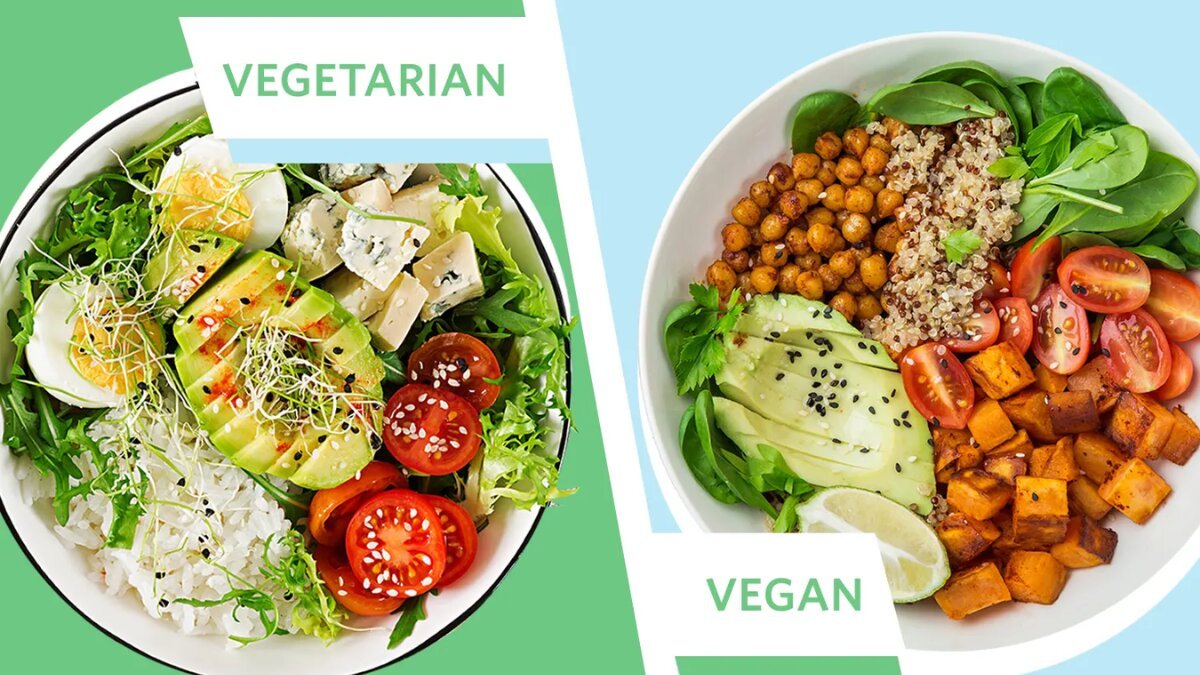As the world becomes increasingly aware of health, environmental, and ethical considerations, more people are exploring the plant-based lifestyle. However, misconceptions often cloud the path to understanding veganism. It’s essential to sift through the myths and get to the facts to make informed choices about this dietary and lifestyle shift.
Common Misconceptions About Vegan Diets
One of the most prevalent myths surrounding veganism is that it lacks sufficient protein. Many believe that without meat and dairy, vegans cannot meet their protein needs. However, a well-planned vegan diet includes a variety of protein-rich foods such as lentils, chickpeas, quinoa, nuts, and seeds. These sources can provide all the essential amino acids necessary for a balanced diet. Additionally, many plants offer more protein per calorie than animal products, debunking the myth that meat is the only source of this vital nutrient.
The Environmental Impact of Veganism
Another common belief is that veganism doesn’t significantly impact environmental sustainability. In reality, numerous studies show that adopting a plant-based diet can reduce one’s carbon footprint. Animal agriculture is responsible for a substantial percentage of greenhouse gas emissions, water consumption, and deforestation. By choosing vegan options, individuals can play a crucial role in lessening environmental degradation and promoting a more sustainable food system. This transition is vital as society grapples with climate change and seeks effective solutions.
Nutritional Adequacy of a Vegan Diet
Many skeptics question whether a vegan diet can provide all essential nutrients. While there are nutrients such as Vitamin B12, iron, and omega-3 fatty acids that may require special attention, they can be obtained through fortified foods and supplements. For instance, B12 is commonly found in fortified plant milks and nutritional yeast. Similarly, omega-3s can be sourced from flaxseeds, chia seeds, and algae supplements. When properly balanced, a vegan diet can meet all nutritional needs and promote overall health.
Veganism and Weight Management
People often associate veganism with weight loss, believing that eliminating animal products leads to a lower body weight. While many vegans may find it easier to manage their weight due to the high fiber content of plant-based foods, it is essential to remember that not all vegan foods are inherently healthy. Vegan junk food is widely available, and excessive consumption can result in weight gain. Therefore, a balanced approach focusing on whole foods is crucial for achieving and maintaining a healthy weight.
Cultural Perceptions and Acceptance of Veganism
Social stigma surrounding veganism often leads to misconceptions regarding its accessibility and cultural acceptance. While some cultures may prioritize animal-based diets, others have a rich history of plant-based eating. From Indian vegetarianism to Mediterranean diets rich in plants, many cultures celebrate the benefits of plant foods. As more individuals adopt veganism, it fosters discussions about food diversity and encourages more inclusive eating practices, allowing for a more culturally sensitive perspective on dietary choices.
As you explore the world of veganism, keeping an open mind and separating fact from fiction can pave the way for a healthier lifestyle. Understanding the truths behind veganism can help you make informed dietary choices that align with your values and health goals.
ℹ️ AI Disclaimer: This article was created using OpenAI GPT-4. Content is for informational purposes only. Please verify information independently.


